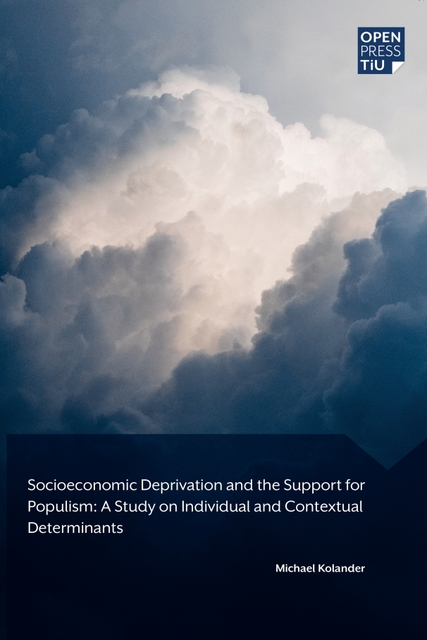Socioeconomic Deprivation and the Support for Populism
A Study on Individual and Contextual Determinants
Relying on survey data from the Belgian Election Study 2014, for a start it is analyzed if socioeconomic deprivation shapes populist attitudes. For that, both the individual and the contextual situation are considered. Another deepening of knowledge pursued in the first empirical chapter is the disentanglement of three attitude dimensions which are part of the rhetoric used by populist parties but have been cumulated in previous studies (i.e. anti-immigration views, people-centrism, and anti-elitism). The evidence suggests that populist views are stronger among persons with a lower level of education and a stronger sense of relative deprivation. The effect of relative deprivation on people-centrist views is furthermore stronger when the local surroundings are characterized by higher financial wealth.
Recent Activity
Project Kickoff
Metadata
- isbn9789403657738
- publisherOpen Press Tilburg University
- publisher placeTilburg, The Netherlands
- rightsCreative Commons Attribution-Non Commercial-No Derivatives 4.0 license (CC BY-NC-ND)
- doi
We use cookies to analyze our traffic. Please decide if you are willing to accept cookies from our website. You can change this setting anytime in Privacy Settings.


